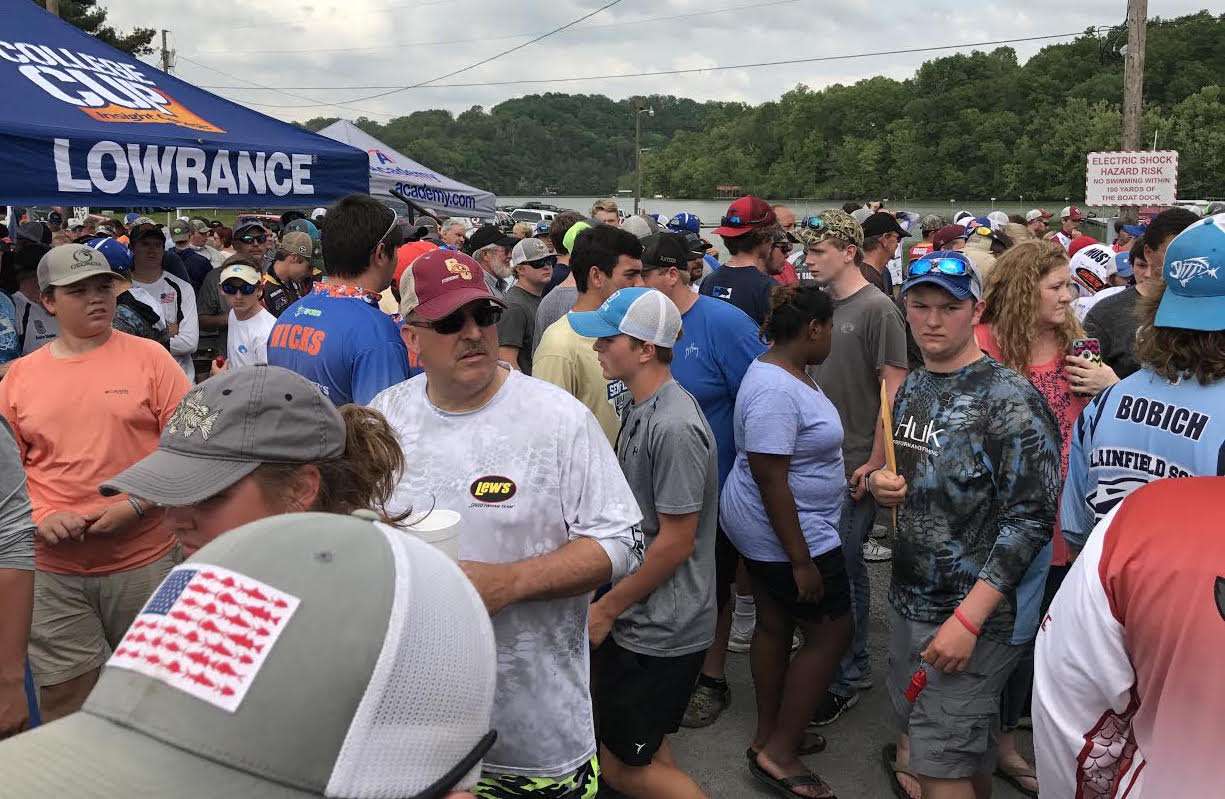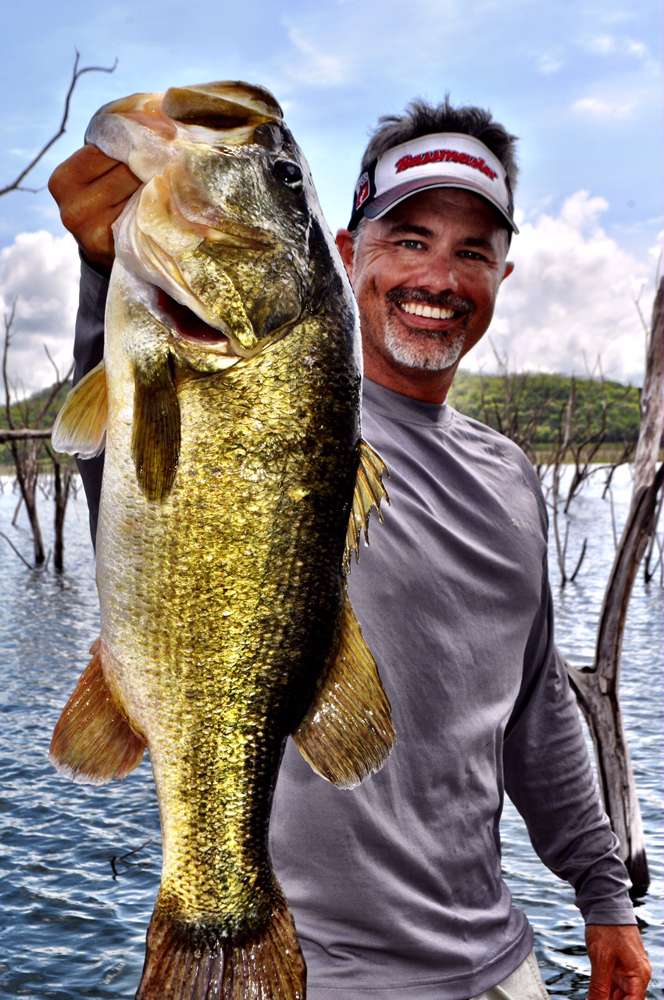
Ever heard of the “Trickle Down Theory?” It originated as a term to describe an economic stimulus effort that gave tax breaks to the wealthy with the hopes that the money they generated would flow over to the less privileged. The concept can be adopted for just about anything, though. In bass fishing, the knowledge of the pros trickles down to the weekend warriors via this magazine, Bassmaster.com and The Bassmasters, which airs on ESPN2. At my house, my son gets lures that mysteriously trickle out of my tacklebox into his (actually, that may be better defined with a comparison to voodoo economics, but I’ll not digress). And for as long as I can remember, the tradition of fishing has been a trickle-down heritage. A father or grandfather instills in future generations their love of the sport. That’s what keeps the fishing industry alive and well.
That said, I am beginning to see a little trickle-up action in our sport for the first time ever, and the consequences are monumental. Allow me to explain.
When my son, Austin, joined the Oak Mountain High School bass fishing team, I was asked to be the coach. After our first few events, which averaged 250 boats, I realized a couple things. First, I suck as a fishing coach. But more importantly, the incredible number of adults willing to captain a boat for these high school teams was impressive. Remember, for the 500 kids fishing these derbies, there are 250 volunteer boat captains.
I talked to a couple of the boat captains from Oak Mountain and found out that they had quit bass fishing until their son or grandson joined the fishing team. They wanted to support the child’s passion, so they dusted off boats and tackle and started instructing their kids on the finer points of tournament fishing. The unexpected result was that the desire to bass fish was rekindled within them, as well. Now, both of those captains are tournament fishing when not captaining for Oak Mountain.
On a grander scale, I theorize that the explosion in the popularity of competitive high school bass fishing is inspiring adults to hit the water. The passion is trickling up from youth to adult instead of vice versa.
To prove my point, I looked up fishing license sales in the U.S. since B.A.S.S. started holding high school tournaments. Now, there were regional high school tournaments before this, but since license sales are a national figure, the parallel data should be national, as well.
The first Costa Bassmaster High School event was held in 2013. According to the U.S. Fish and Wildlife Service, 29.5 million resident fishing licenses were sold that year. This was down from 30.8 million the year prior. B.A.S.S. held a couple bigger high school events in 2014. By December of that year, resident license sales increased to 30.3 million. In 2015, B.A.S.S. rolled out a complete high school program with a national schedule and a championship tied to the Bassmaster Classic. Resident license sales shot up to 31 million, the highest level in over a decade. The numbers have not yet been released for 2016, but I’d wager the all-time record for resident license sales may be broken (the number to beat is 32.5 million, 1983).
Of course, the Costa Bassmaster High School events are just a fraction of high school tournaments being held across the nation. Myriad tournament organizations with a high school focus deserve credit for this upsurge in our sport.
Add to this momentum the recent win by former high school and college angler Jordan Lee, and the future looks even brighter. Lee proved that kids can turn their bass fishing passion into a profession and be successful at the highest competitive level in the sport. Lee’s inspiration may just turn the trickle of passion into a fountain, and I look forward to the splash it will make.

